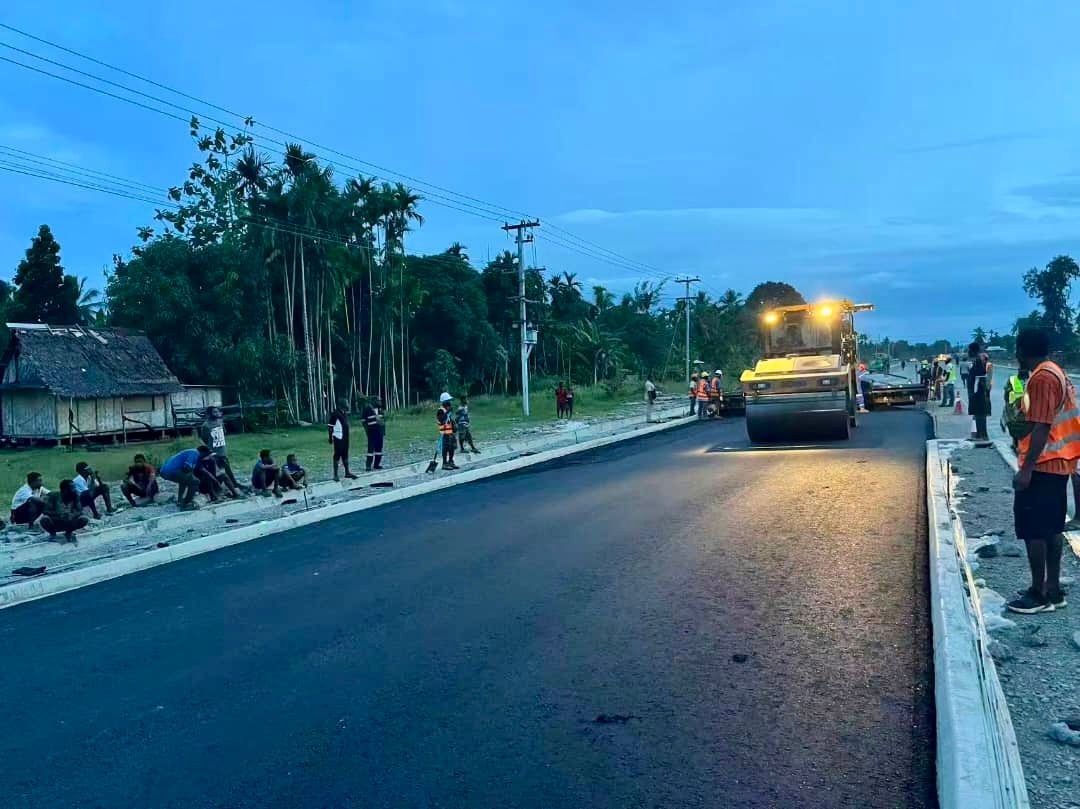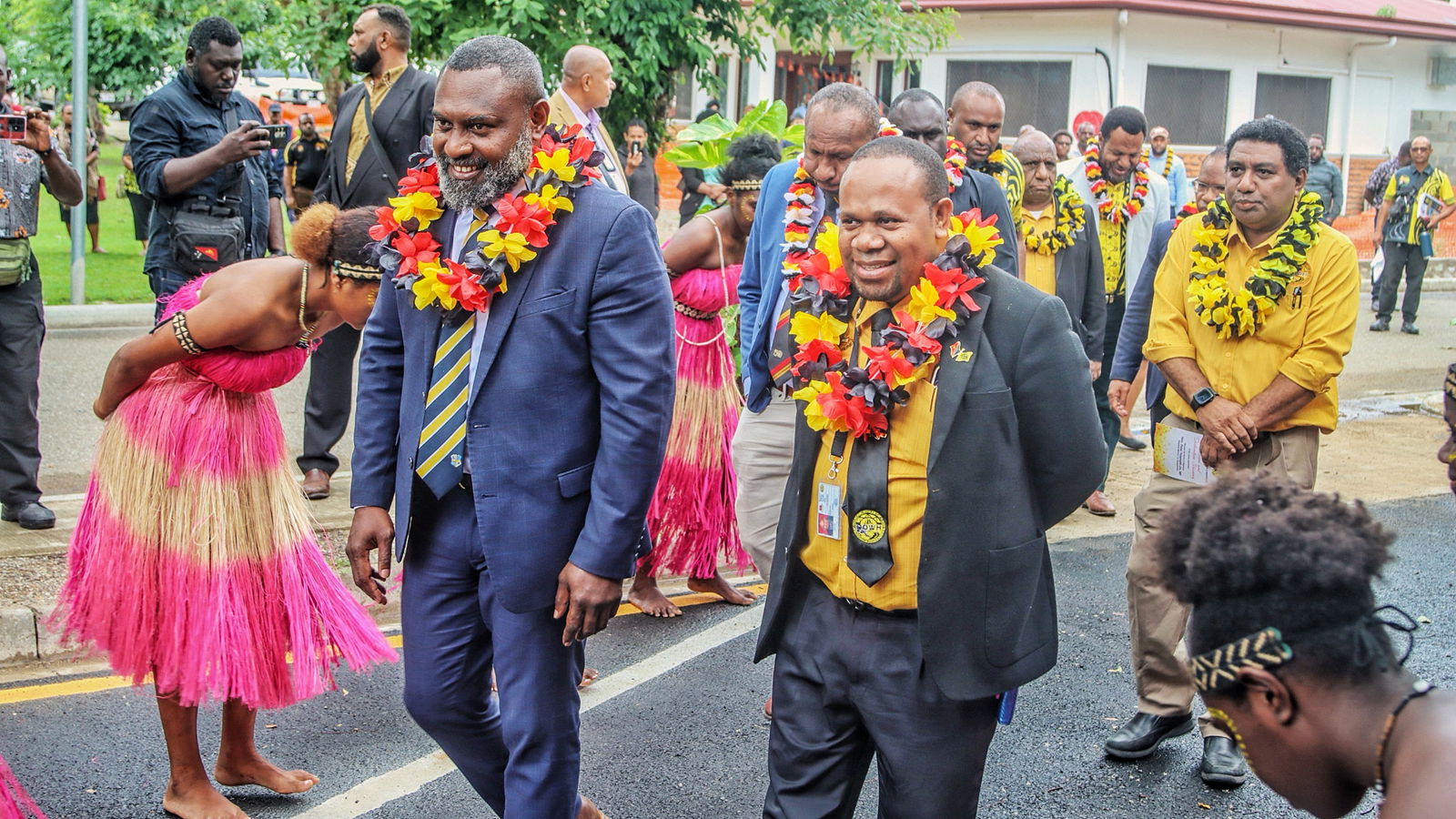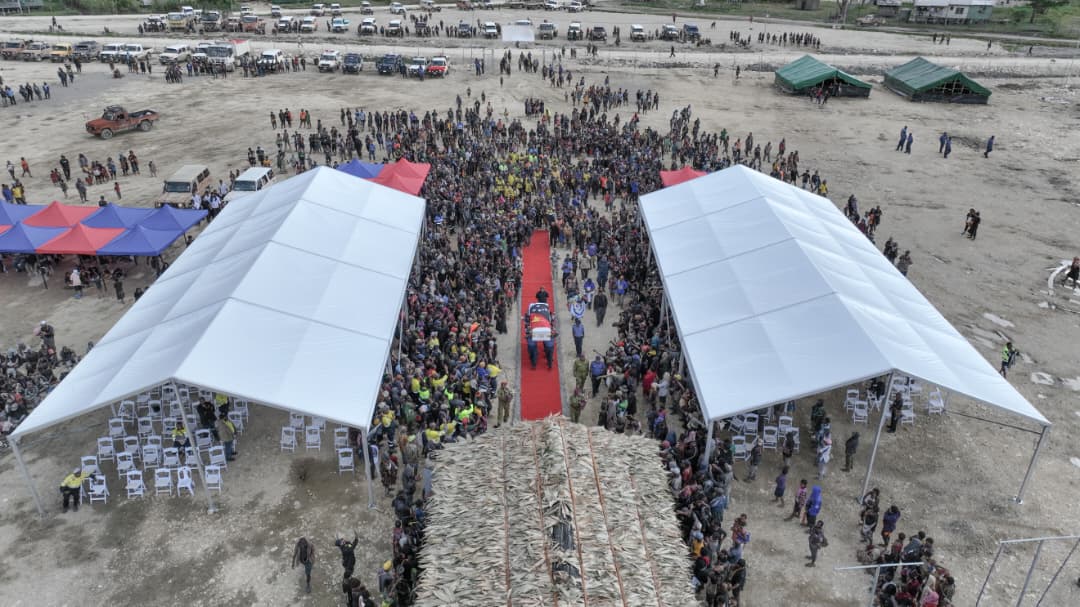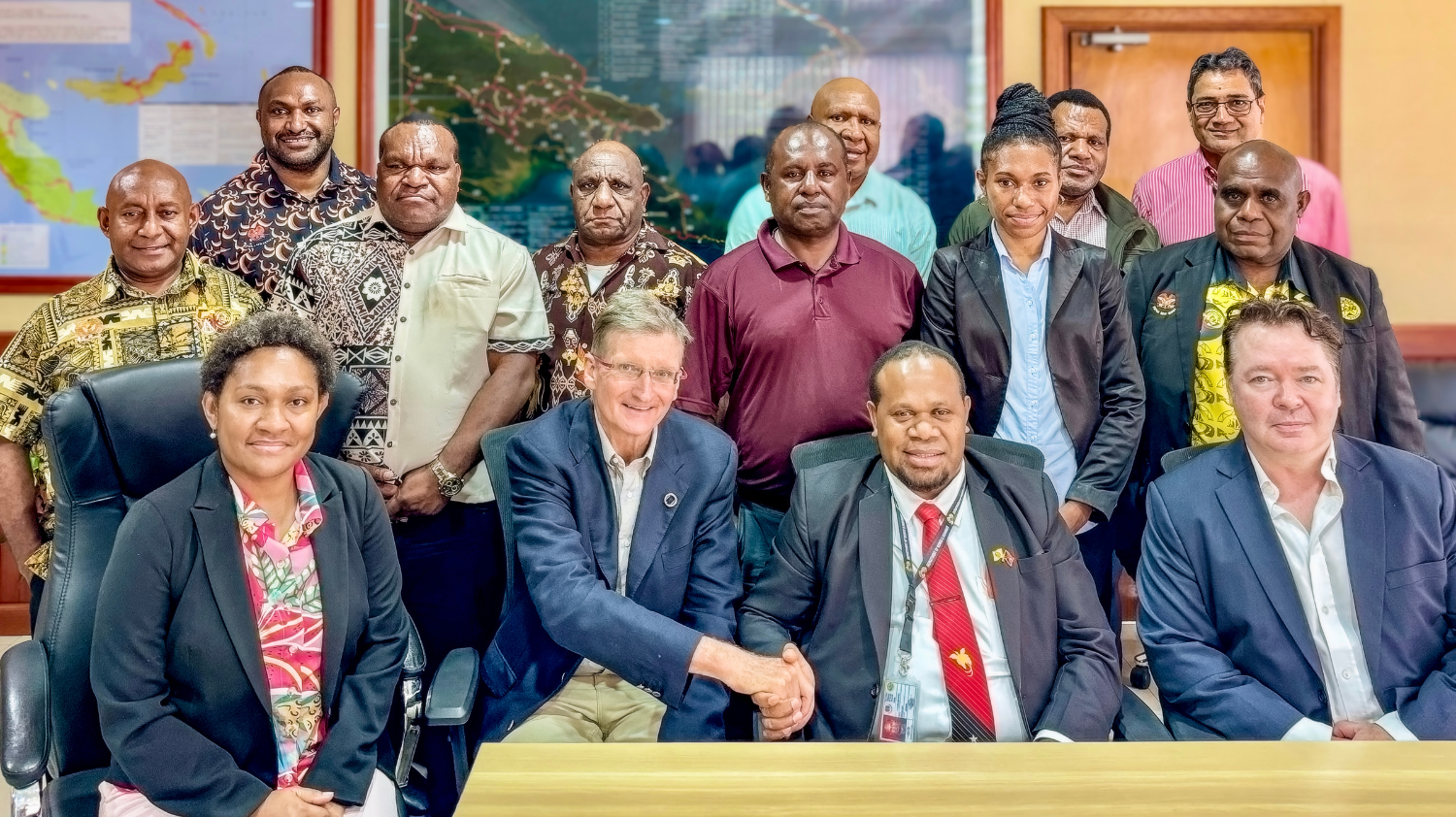Impact and Legacy
- by DoWH
- 16th December 2024
The Department of Works and Highways (DoWH) has been a cornerstone of Papua New Guinea’s growth and transformation, shaping the nation’s physical, social, and economic landscapes. From its early days as a colonial agency to its current role as the driving force behind the country’s infrastructure development, the Department’s impact is far-reaching and enduring.
1. Expanding Connectivity Across Papua New Guinea
- The Department has constructed and maintained thousands of kilometers of roads, bridges, and other critical infrastructure, connecting rural and urban communities across challenging terrains.
- Key achievements include the completion of landmark projects such as the Highlands Highway, Momase Coastal Highway, and the Baiyer-Madang Corridor, which have significantly enhanced mobility and regional integration.
2. Enabling Economic Growth and Development
- By building transport corridors, the Department has fostered trade, agriculture, and tourism, driving local and national economic growth.
- The development of strategic roads and bridges has reduced travel times and transportation costs, enabling farmers, businesses, and industries to access markets more efficiently.
3. Empowering Rural Communities
- Improved access to essential services such as education, healthcare, and government facilities has transformed lives in remote areas.
- Roads built under the Connect PNG Program have opened opportunities for previously isolated communities, allowing them to participate in the nation’s economic and social progress.
4. Pioneering Climate-Resilient and Sustainable Practices
- The Department has integrated climate-resilient designs and sustainable construction practices into its projects to address Papua New Guinea’s vulnerability to natural disasters.
- The revision of the Roads and Bridges Specification in 2015 and the incorporation of eco-friendly materials in infrastructure projects demonstrate the Department’s commitment to long-term sustainability.
5. Strengthening Institutional and Governance Frameworks
- The introduction of key policies such as the Road Management and Fund Act (2021) has modernized infrastructure governance, ensuring transparency and accountability.
- By establishing specialized wings, such as the Governance and Compliance Wing, the Department has reinforced its capacity to manage risk, improve standards, and deliver high-quality infrastructure.
6. Leading Innovation and Modernization
- The launch of the Department’s first corporate website in 2009 and the implementation of digital monitoring tools have enhanced transparency, stakeholder engagement, and operational efficiency.
- The Department continues to adopt modern technologies, such as GIS mapping and digital project management systems, to streamline planning and execution.
7. A Legacy of Leadership and Expertise
- Guided by visionary Secretaries and leaders, the Department has remained steadfast in its mission to serve Papua New Guinea. Leaders such as David Wereh, who championed the Connect PNG Program, and current Acting Secretary Gibson Holemba, who is advancing critical infrastructure projects, have shaped its legacy.
- The Department’s emphasis on workforce development and professional training has built a pipeline of skilled engineers and planners who contribute to the nation’s infrastructure goals.
A Transformational Legacy
The Department’s impact extends beyond the roads, bridges, and buildings it constructs. By connecting people, creating opportunities, and fostering resilience, DoWH has become a catalyst for national development. Its infrastructure projects have not only enhanced mobility and economic activity but have also strengthened social cohesion and inclusivity across Papua New Guinea.
As Papua New Guinea continues to evolve, the Department of Works and Highways remains committed to its mission of delivering world-class infrastructure that empowers communities, transforms lives, and supports the nation’s journey toward a connected, prosperous, and sustainable future.












